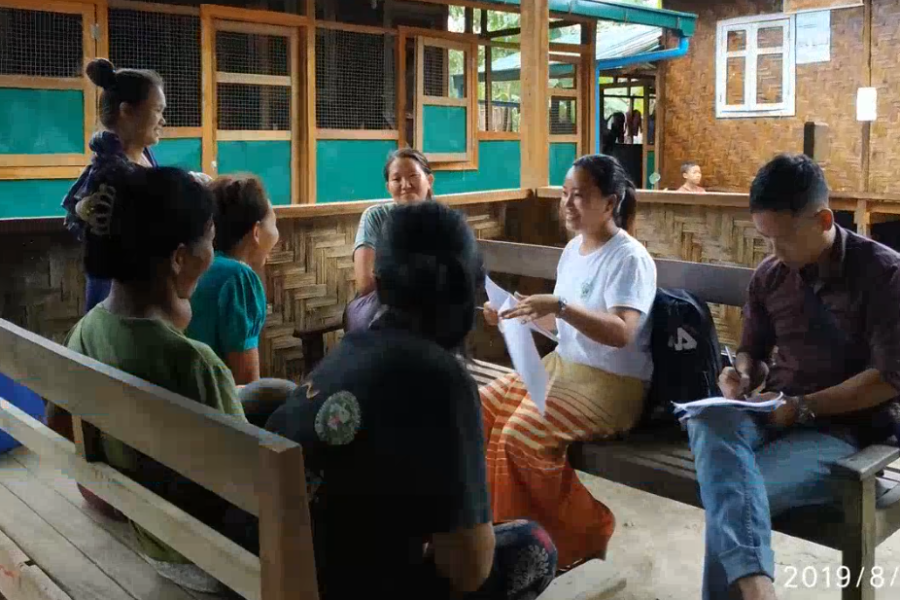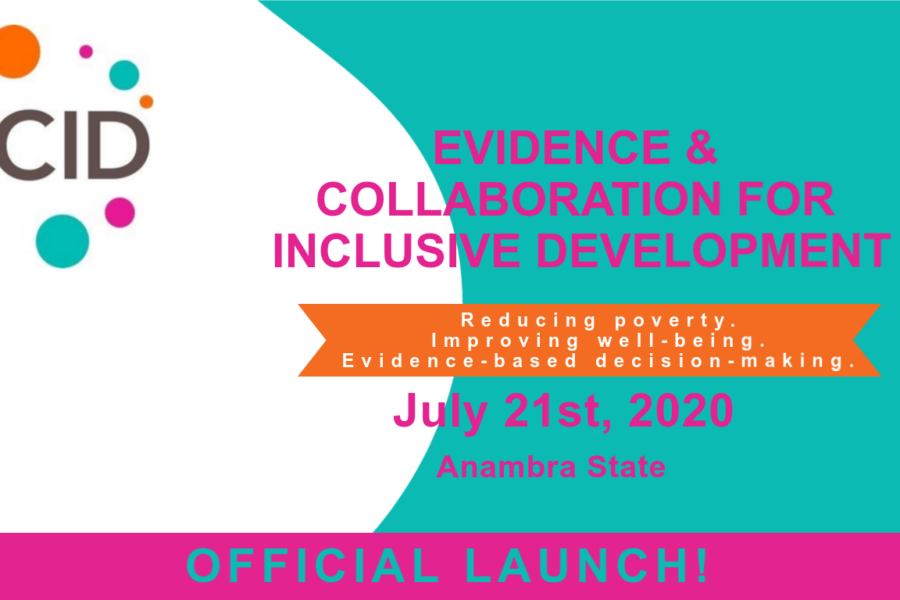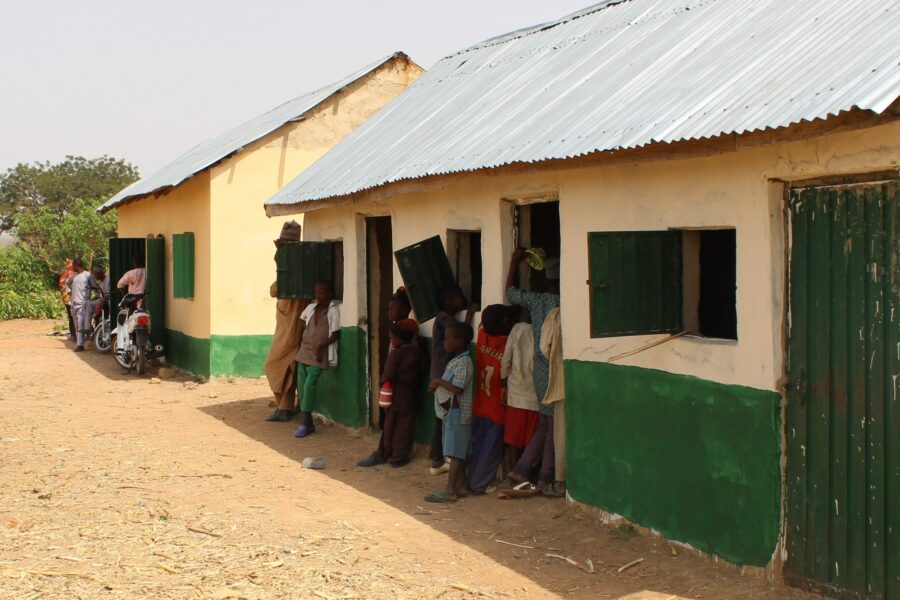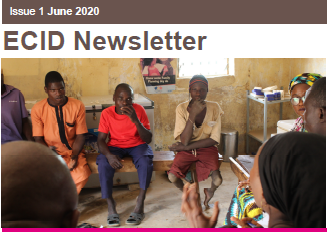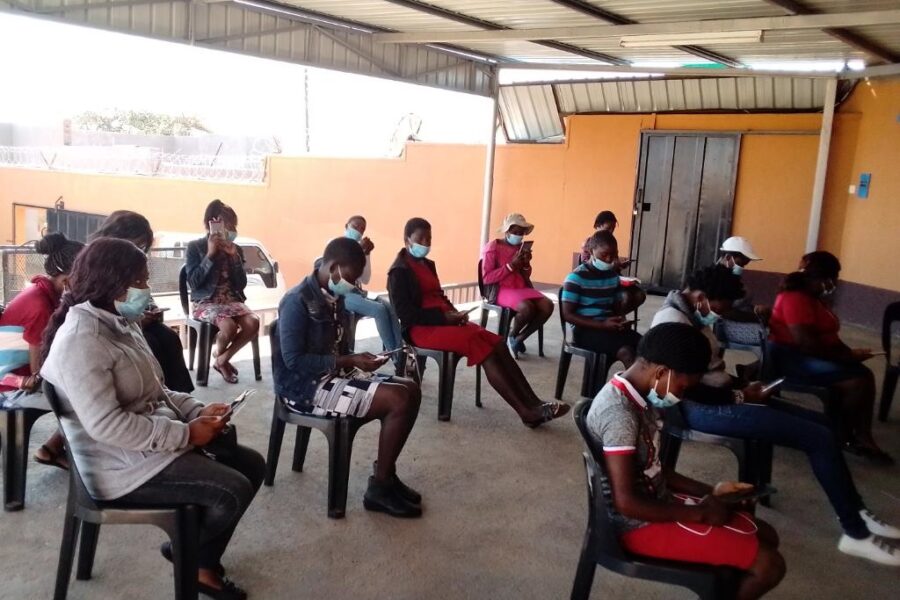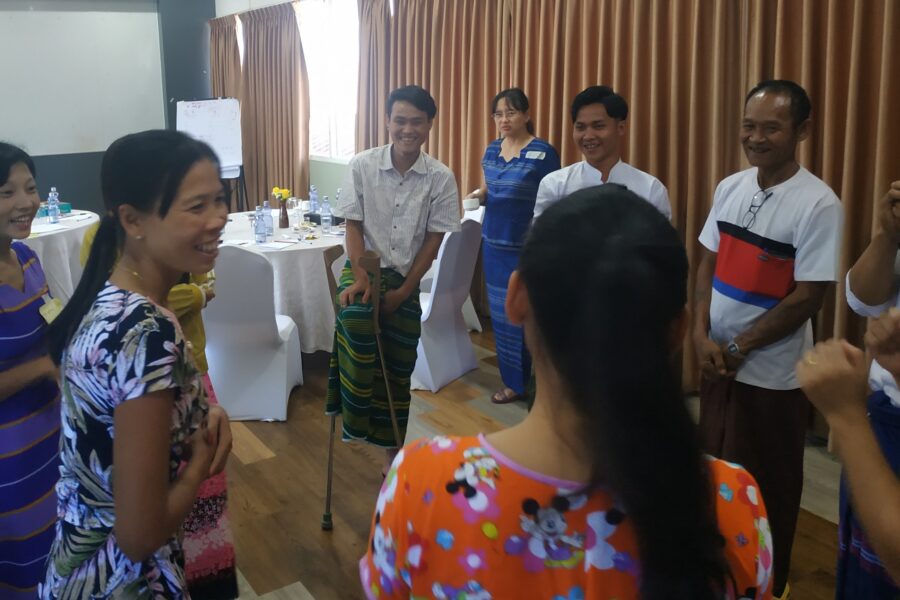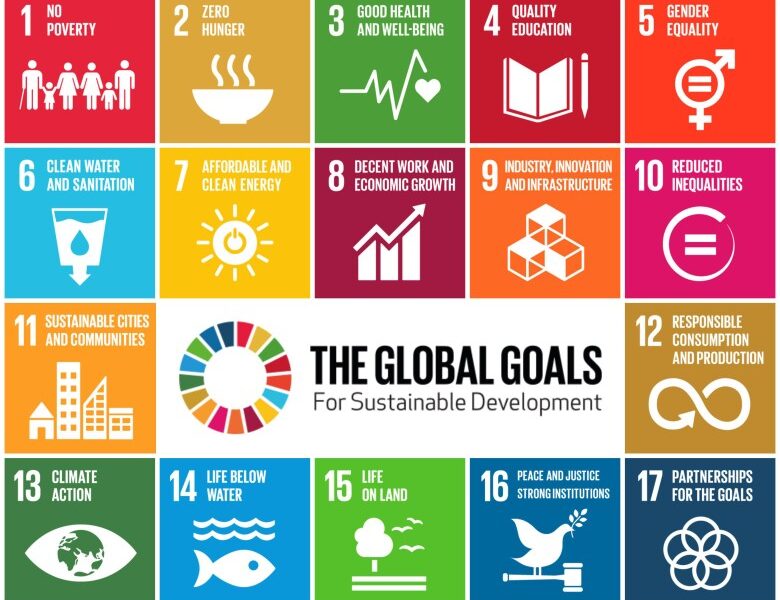Looking inwards
Blog
Being accountable and modelling the change we want to see in others In the international development sector, it is easy (and harmful) to assume that everyone is on the same page. Yet we all come with our own personal values and experiences that shape our attitudes on gender equality and social inclusion, and towards others.…

